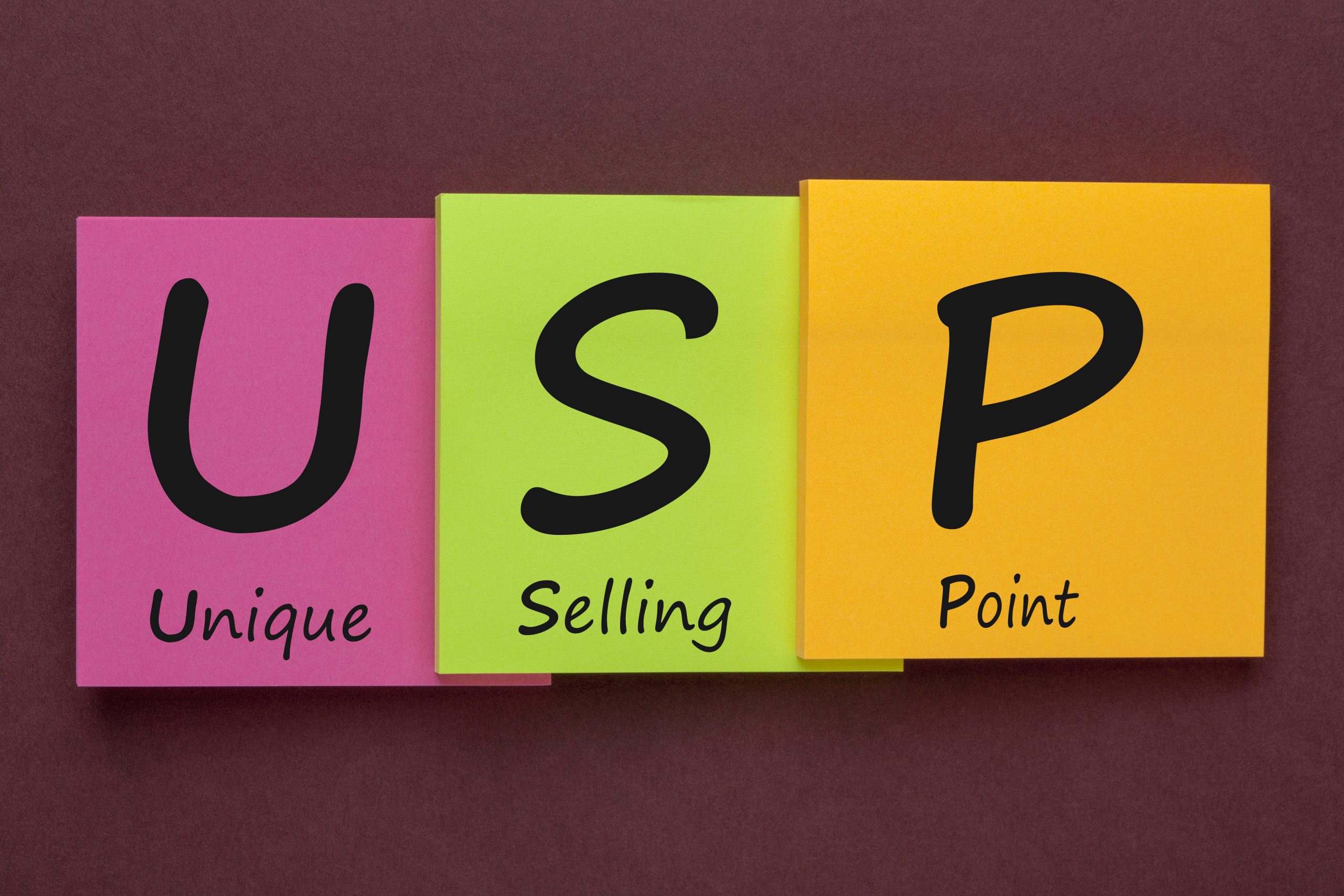You (probably) don’t have a USP – get over it!
Go on any sales training course, and you won’t get far until you hear the acronym USP – Unique Selling Point (sometimes Unique Selling Proposition). It’s what marks you out as different from the competition, and the reason your ideal client should buy from you at the expense of any other options.
Sounds great, doesn’t it? If you can only find your USP (or, more often, USPs) then this time next year you’ll be a millionaire! Well, I’m sorry to disappoint you, but despite what that sales trainer told you, you most likely don’t have one.
A couple of years ago, I ran a consultancy session with a London-based recruitment consultant which specialises in recruiting linguists to a variety of roles across Europe. Early on in the session, I asked the sales director how she thought they could differentiate themselves against the competition. She told me not to worry, as they have a great USP. “What is it?” I ask, genuinely excited. “We recruit foreign language speakers.” Oh. Instant deflation.
“Is that really a USP?” I ask.
“Yes – that’s what we’ve always been told, and it’s what we use,” she told me.
What’s the problem here? The obvious problem to me was that I’d been recruiting linguists for years, and managed to do so without using this particular company even once. It’s a selling point, but it’s not unique. Other people do exactly the same.
The two problems with Unique Selling Points
There are two traps that organisations fall into. First is what I’ve just described – Selling Points are confused with Unique Selling Points. Organisations think of something they do well, and they decide that’s their USP. They proudly tell their prospects their USPs, but the prospects just yawn and switch off, because the prospect knows these things aren’t unique. Let’s call these SPs – Selling Points. They’re things you do well, but that your competitors also do.
The second problem is USPs which are unique, but which are “transferable”. This is the kind of USP that’s just impossible to prove, even if it’s truly unique. You go to a sales meeting and tell your prospect that “we’ve got the best team of consultants in the world.” Perhaps you have. But the problem is that the prospect then speaks to another provider, and what are they told? You’ve guessed it: “we’ve got the best team of consultants in the world.” Even if you really have this, then unless you have solid proof, it becomes difficult to use.
So what can you do instead? How are you ever going to compete in your market? Don’t worry, because there’s something just as powerful which you can create…
Introducing the USC
The USC, the Unique Selling Combination, is where you look at all your selling points, and you decide how you can put these in combination to create a unique combination that differentiates you from the competition.
Let’s take Navanter as an example. Navanter provides sales training. Nothing unique there. As the director of Navanter, I have 20+ years’ experience in sales. USP? Not by a long shot. I also have 16 years working in the project management industry. Again, definitely not a USP. However, when you combine the two, you come up with the unique proposition of bring order to sales chaos. Taking the most relevant project skills to allow salespeople to sell more effectively, more predictably, and always having a plan in place.
I have not seen a single other competitor with this selling combination. I believe it’s unique. But imagine a competitor came along with a similar proposition. Well do they have a decade of experience delivering engaging virtual training? No? Another USC for Navanter.
USCs become even more powerful when you start to tailor them to a prospect’s specific situation or problem.
“You have this problem, so here’s my USC – the reason you should work with me above all other options.”
If you don’t have a USC for your business, then you end up competing on price rather than service, and it’s a race to the bottom. Once you have a relevant USC, then you have a truly unique proposition which makes you a compelling choice for your prospects.
Do you have a genuine USP? If so, I’d love to hear what it is. Have a great USC? Tell me that too. And if you’re struggling to find what makes you unique, then get in touch and we can talk through some ideas.





